
On the face of it, the two new big drama series of the week don’t have a great deal in common, with one set in a determinedly present-day Britain, the other in a dystopian American future. What they do share, though, is a general air of classiness, some impressively understated central performances and, above all, an almost heroic commitment to unrelenting misery.
In the first episode of Broken (BBC1, Tuesday), a typical scene consisted of single mother Christina — who’d just been sacked from her badly paid job and told she was ineligible for benefits — reluctantly selling off her wedding and engagement rings, before returning home to find her mother dead. The Handmaid’s Tale (Channel 4, Sunday) began with the heroine’s husband being shot and her young daughter taken from her by men with machine guns. In most shows, this might have meant that she called the police. In this one, unfortunately, those men were the police.
Broken is the latest drama by Jimmy McGovern (Cracker, The Street) — which could well be why it’s attracted two such starry leads. Neither of them, mind you, is required to demonstrate much starriness here. Sean Bean abandons his normal hunky ways to play a quietly spoken priest who manages to radiate goodness wherever he goes, despite obviously having Issues of His Own. Anna Friel does the traditional glamorous-actress-trying-hard-to-look-dowdy thing — rather well, in fact — as Christina, a woman whose bad luck is by no means limited to being a penniless orphan.
Not content with sacking her, for example, her female boss also beat her up so effectively that Christina spent most of Tuesday’s programme with both a black eye and a fat lip. At one point, she did briefly achieve something resembling contentment as she tested her children’s maths over breakfast — but then scalded herself with boiling water.
By the time her mother died, Christina was so desperate for money that she kept the death a secret so as to claim her mum’s old-age pension a couple of days later: a plan that led to the kind of spiralling lie more usually played for laughs in an old-school sitcom. In Broken, by contrast, it ensured that poor Christina ended an undeniably strong hour of TV facing the possibility of arrest, while also being denounced by her sister as a ‘heartless, scheming bitch’.
Still, it could have been worse. She could have been Offred in The Handmaid’s Tale — who, after the death of her husband and the loss of her daughter, was trained up to be a broodmare for a sinister plutocrat.
As readers of Margaret Atwood’s original novel will know, the story takes place in an America where most women have become infertile. The ones who haven’t are forced to undergo a ceremony, known as the Ceremony, in which they’re impregnated by dead-eyed political leaders. And when not doing that, the leaders in question are imposing their authoritarian right-wing Christian regime on the country, with all other women subjugated too, and gay people left dangling from roadside nooses. ‘Girls, I know this must feel very strange,’ the handmaids’ tutor informed her trainees — shortly before one of them had an eye plucked out for answering back. ‘But ordinary is just what you’re used to. After a time, this will become ordinary.’
Needless to say, some critics have acclaimed the show as an eerily timely warning about Trump’s America (just as the book supposedly was about Reagan’s). But needless to say too, there’s one problem with this: nothing even vaguely similar is ever going to happen, let alone become ordinary, in Trump’s America (just as it didn’t in Reagan’s). Given all the sexism and homophobia on display, it may seem odd to describe The Handmaid’s Tale as a liberal fantasy. Nonetheless, as dystopias go, this one, with its assiduous ticking of the customary boxes, does feel a bit too good to be true. Curiously, perhaps the biggest departure from the book is that black people, rather than being exiled to ‘National Homelands’, are so fully integrated that their colour is never mentioned. Presumably this is because a TV show with an all-white cast would have been a totalitarian step too far. Yet, for the same reason, it also adds to the prevailing sense of piety.
The Handmaid’s Tale is always ravishing to look at, and Sunday’s episode served up any number of memorable set-pieces — not least in the Ceremony itself where the plutocrat’s wife knelt behind Offred’s head thrusting away mournfully as her husband had sex with another woman. In the lead role, Elisabeth Moss does a miraculously good job of conveying unconveyed emotion. Even so, you can’t help hoping (however vainly) that future episodes might find a way of playing to these many strengths without also exuding a solemnity that’s often indistinguishable from self-importance.
Got something to add? Join the discussion and comment below.
Get 10 issues for just $10
Subscribe to The Spectator Australia today for the next 10 magazine issues, plus full online access, for just $10.
You might disagree with half of it, but you’ll enjoy reading all of it. Try your first month for free, then just $2 a week for the remainder of your first year.

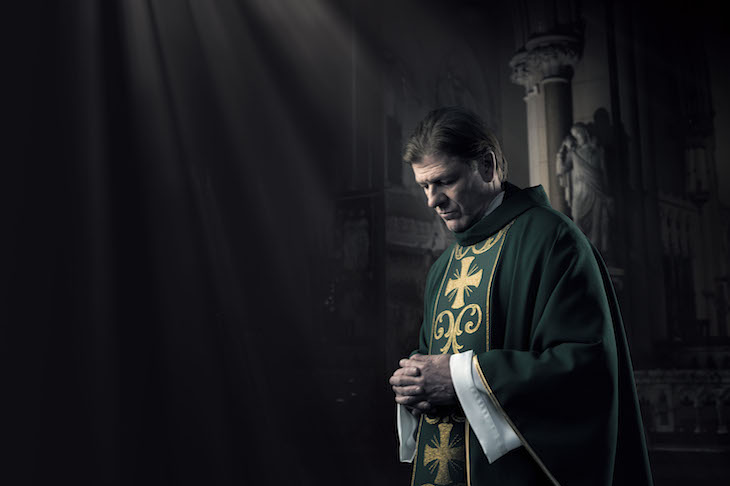

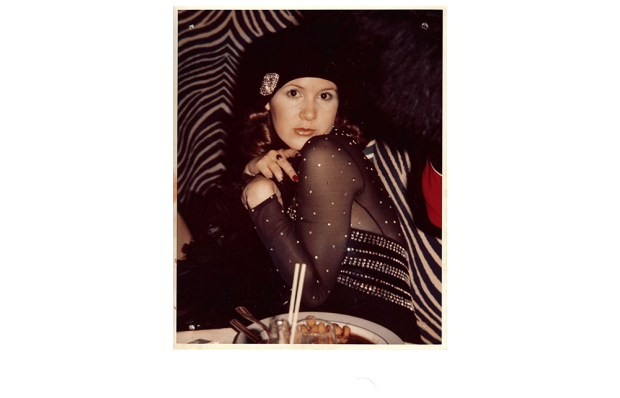
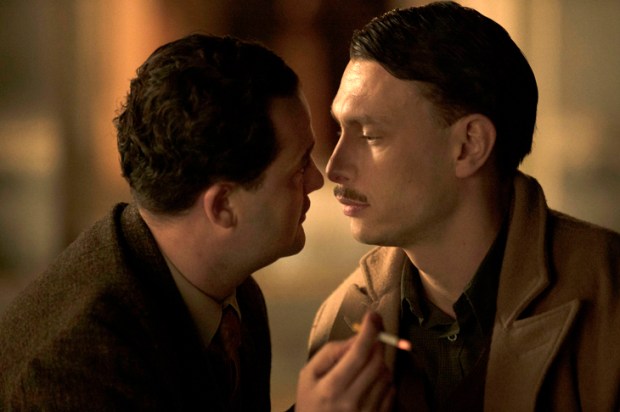
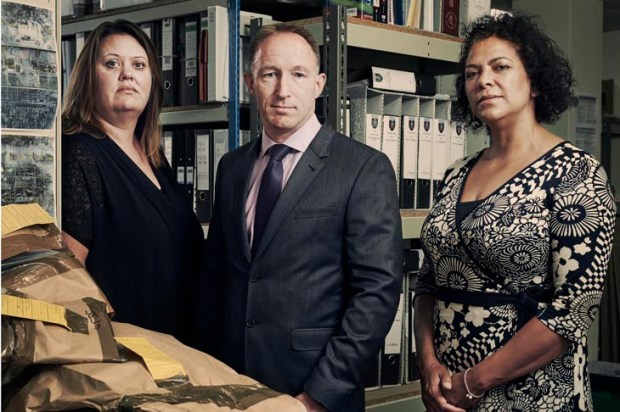
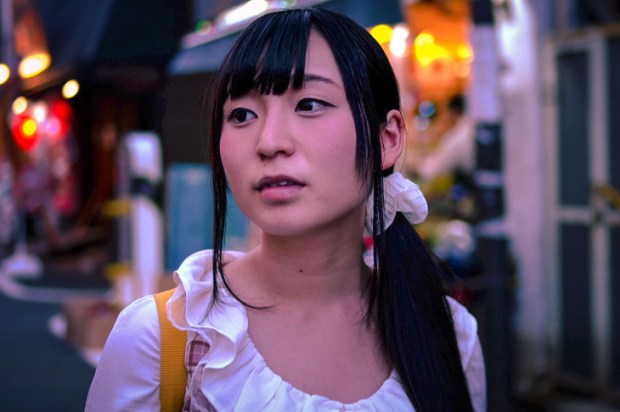
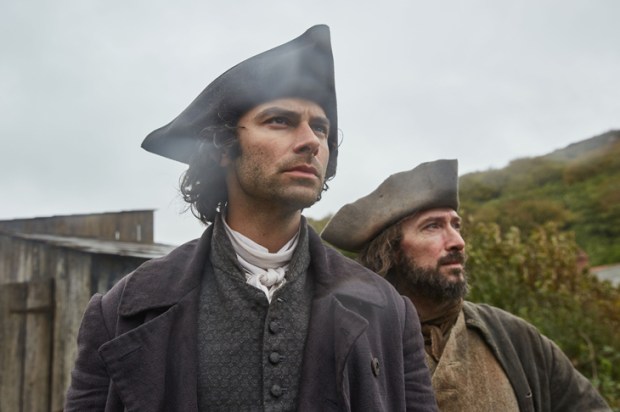






Comments
Don't miss out
Join the conversation with other Spectator Australia readers. Subscribe to leave a comment.
SUBSCRIBEAlready a subscriber? Log in